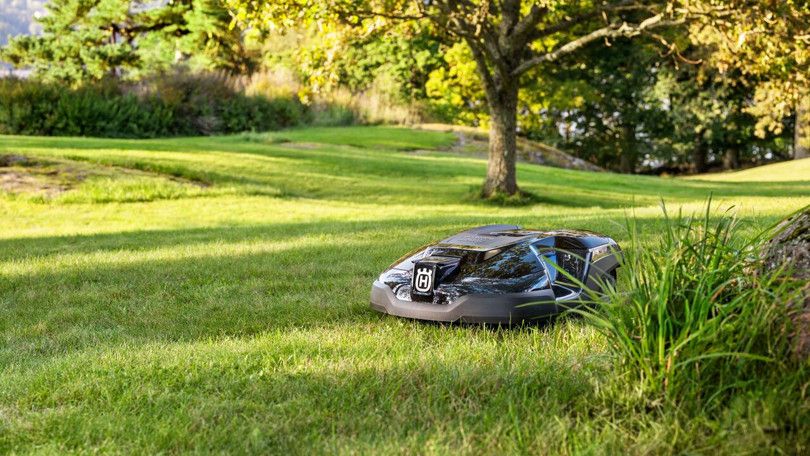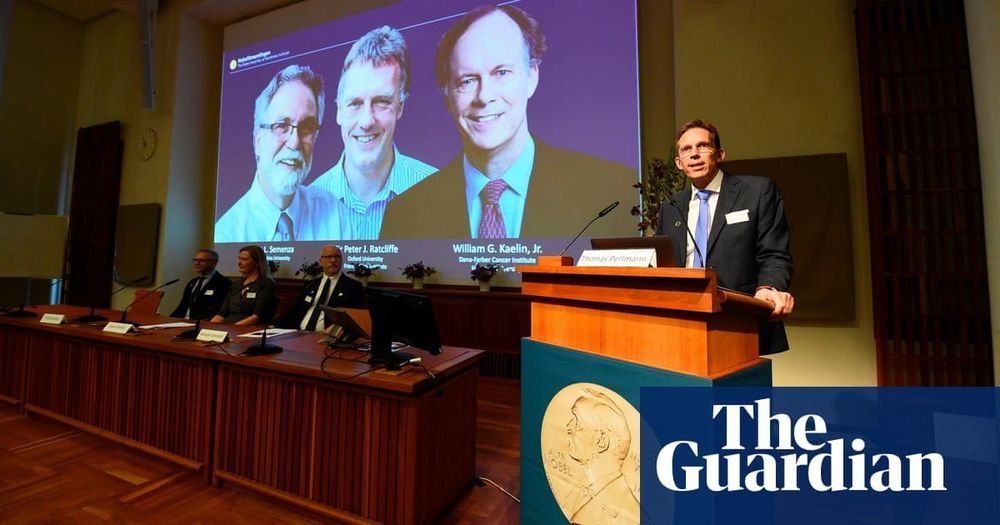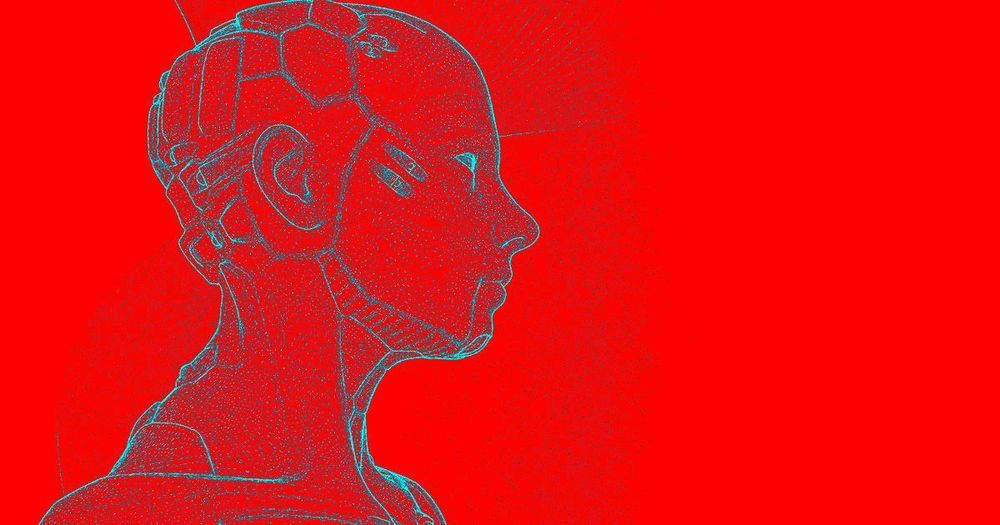In this video, bestselling author Dave Asprey explains.
Get the latest international news and world events from around the world.


New silk materials can wrinkle into detailed patterns, then unwrinkle to be ‘reprinted’
Researchers at Tufts University School of Engineering have developed silk materials that can wrinkle into highly detailed patterns—including words, textures and images as intricate as a QR code or a fingerprint. The patterns take about one second to form, are stable, but can be erased by flooding the surface of the silk with vapor, allowing the researchers to “reverse” the printing and start again. In an article published today in the Proceedings of the National Academy of Sciences, the researchers demonstrate examples of the silk wrinkle patterns, and envision a wide range of potential applications for optical electronic devices.
The smart textile takes advantage of the natural ability of silk fiber proteins—fibroin—to undergo a change of conformation in response to external conditions, including exposure to water vapor, methanol vapor and UV radiation. Water and methanol vapor, for example, can soak into the fibers and interfere with hydrogen bond cross links in the silk fibroin, causing it to partially ‘unravel’ and release tension in the fiber. Taking advantage of this property, the researchers fabricated a silk surface from dissolved fibroin by depositing it onto a thin plastic membrane (PDMS). After a cycle of heating and cooling, the silk surface of the silk/PDMS bilayer folds into nanotextured wrinkles due to the different mechanical properties of the layers.
Exposing any part of that wrinkled surface to water or methanol vapor causes the fibers to relax and the wrinkles to flatten. The smooth surface transmits more than 80% of light, while the wrinkled surface only allows 20% or less through, creating a visible contrast and the perception of a printed pattern. The surface can be selectively exposed to vapor using a patterned mask, resulting in a matched pattern in the textured silk. Patterns may also be created by depositing water using inkjet printing. The resolution of this printing method is determined by the resolution of the mask itself, or the nozzle diameter of the inkjet printer.


2019 Nobel Prize in Medicine Goes to Researchers Who Unraveled How Cells Sense Oxygen
A trio of researchers from the U.S. and the UK has won the 2019 Nobel Prize in Medicine, the first of five prizes to be announced this week. On Monday in Sweden, the Nobel committee announced that Americans William Kaelin Jr. and Gregg Semenza, along with Peter Ratcliffe, would split the nearly million-dollar prize for their work in unraveling a fundamental aspect of life: how our cells keep track of and respond to fluctuating oxygen levels.
This year’s prize was decades in the making.
Though we’ve long known that our cells need oxygen to produce energy and keep us alive, we were largely in the dark on how cells sensed oxygen, or how they managed to adapt in times of low oxygen, a state known as hypoxia. In the early 1990s, Gregg Semenza, currently of Johns Hopkins University, and his team discovered some of the key genetic machinery that cells use to detect hypoxia and then respond by producing a hormone called erythropoietin (EPO).
What could a military do with this flying saucer?
Uncrewed and jet-powered, the Romanian design hopes to overcome the airframe style’s long history of unsuccessful flight.
Cheetah Robot runs 28.3 mph; a bit faster than Usain Bolt
Cheetah Robot is a fast-running quadruped developed by Boston Dynamics with funding from DARPA. It just blazed past its previous speed record, getting up to 28.3 mph, about 0.5 mph faster than Usain Bolt’s fastest 20 meter split. This version of the Cheetah Robot runs on a treadmill with offboard power. Testing on an untethered outdoor version starts early next year. For more information about Cheetah or the other robots we develop, visit www.BostonDynamics.com.


Texas man builds Atmospheric Water Generators for Flint — Spectrum News 1 WI
Moses West is a former Ranger. Four years ago he set out to change the world, one atmospheric water generator at a time. He created these to provide clean drinking water to communities in Flint, MI, The Bahamas and Puerto Rico. Get this, he doesn’t charge these residents one penny. So far, he’s created 12 of these AWGs. He currently has one of these generators planted in Flint. More of these machines are currently being manufactured in WI to transport to Flint in the near future. He found a few minutes to down with Spectrum News 1’s Michelle London.